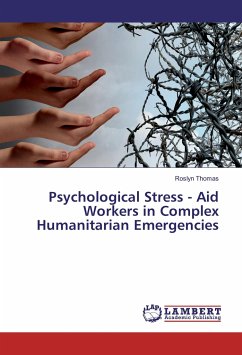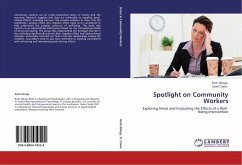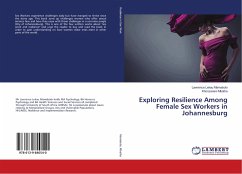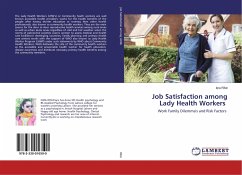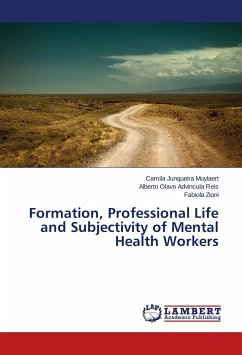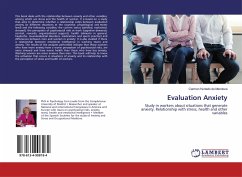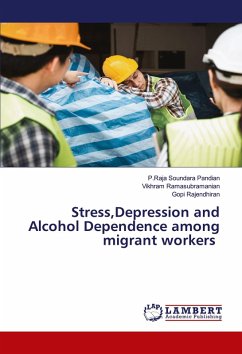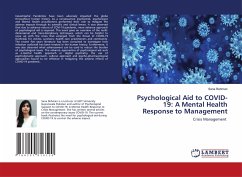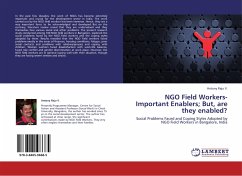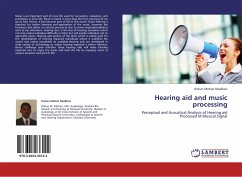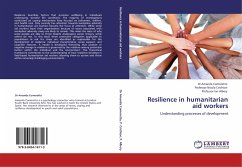
Resilience in humanitarian aid workers
Understanding processes of development
Versandkostenfrei!
Versandfertig in 6-10 Tagen
52,99 €
inkl. MwSt.

PAYBACK Punkte
26 °P sammeln!
Resilience describes factors that promote wellbeing in individuals undergoing stressful life conditions. The majority of investigations conducted on coping mechanisms have focused on policemen, soldiers, and health care. Only recently has attention towards workplace adversity in humanitarian aid workers become the focus of attention. While some aid workers leave their organisations because of issues associated with workplace adversity many are likely to remain. This raises the issue of why some people are able to thrive despite challenging career choices, while others do not. In this book thre...
Resilience describes factors that promote wellbeing in individuals undergoing stressful life conditions. The majority of investigations conducted on coping mechanisms have focused on policemen, soldiers, and health care. Only recently has attention towards workplace adversity in humanitarian aid workers become the focus of attention. While some aid workers leave their organisations because of issues associated with workplace adversity many are likely to remain. This raises the issue of why some people are able to thrive despite challenging career choices, while others do not. In this book three protective categories applicable to populations at risk for stress are identified as responsible for the development of resilience: individual characteristics, social support, and cognitive features. A model is developed theorising that positive or negative change in resilience is governed by the relations among protective factors within the individual and the environment. This theoreticalframework contributes to the understanding of how resilience develops in field-based humanitarian aid workers allowing them to survive and thrive within extremely challenging environments.



